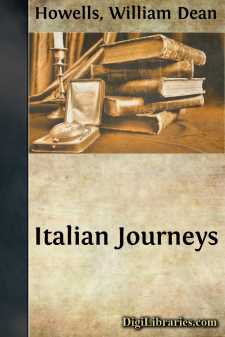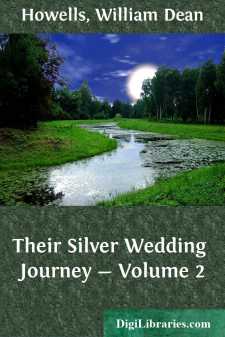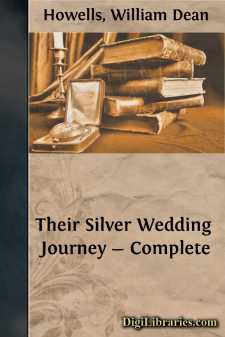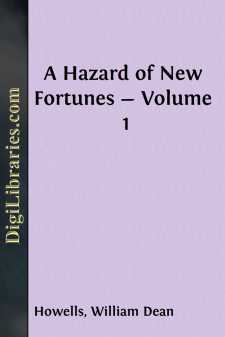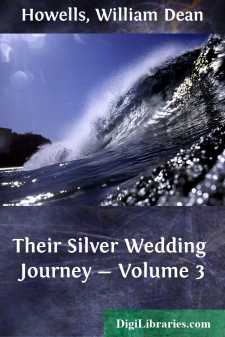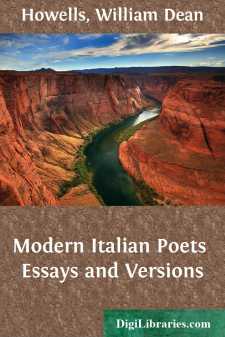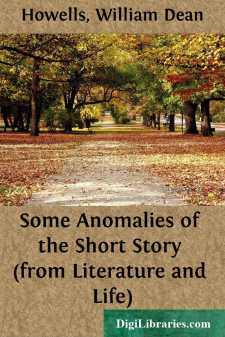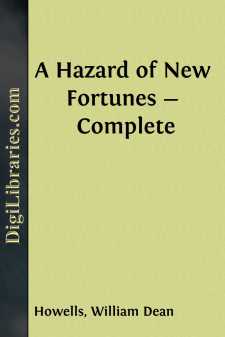Categories
- Antiques & Collectibles 13
- Architecture 36
- Art 48
- Bibles 22
- Biography & Autobiography 813
- Body, Mind & Spirit 142
- Business & Economics 28
- Children's Books 17
- Children's Fiction 14
- Computers 4
- Cooking 94
- Crafts & Hobbies 4
- Drama 346
- Education 46
- Family & Relationships 57
- Fiction 11829
- Games 19
- Gardening 17
- Health & Fitness 34
- History 1377
- House & Home 1
- Humor 147
- Juvenile Fiction 1873
- Juvenile Nonfiction 202
- Language Arts & Disciplines 88
- Law 16
- Literary Collections 686
- Literary Criticism 179
- Mathematics 13
- Medical 41
- Music 40
- Nature 179
- Non-Classifiable 1768
- Performing Arts 7
- Periodicals 1453
- Philosophy 64
- Photography 2
- Poetry 896
- Political Science 203
- Psychology 42
- Reference 154
- Religion 513
- Science 126
- Self-Help 84
- Social Science 81
- Sports & Recreation 34
- Study Aids 3
- Technology & Engineering 59
- Transportation 23
- Travel 463
- True Crime 29
Italian Journeys
Description:
Excerpt
THE ROAD TO ROME FROM VENICE.
I.
LEAVING VENICE.
We did not know, when we started from home in Venice, on the 8th of November, 1864, that we had taken the longest road to Rome. We thought that of all the proverbial paths to the Eternal City that leading to Padua, and thence through Ferrara and Bologna to Florence, and so down the sea-shore from Leghorn to Civita Vecchia, was the best, the briefest, and the cheapest. Who could have dreamed that this path, so wisely and carefully chosen, would lead us to Genoa, conduct us on shipboard, toss us four dizzy days and nights, and set us down, void, battered, and bewildered, in Naples? Luckily,
"The moving accident is not my trade,"
for there are events of this journey (now happily at an end) which, if I recounted them with unsparing sincerity, would forever deter the reader from taking any road to Rome.
Though, indeed, what is Rome, after all, when you come to it?
FROM PADUA TO FERRARA.
As far as to Ferrara there was no sign of deviation from the direct line in our road, and the company was well enough. We had a Swiss family in the car with us to Padua, and they told us how they were going home to their mountains from Russia, where they had spent nineteen years of their lives. They were mother and father and only daughter and the last, without ever having seen her ancestral country, was so Swiss in her yet childish beauty, that she filled the morning twilight with vague images of glacial height, blue lake, snug chalet, and whatever else of picturesque there is in paint and print about Switzerland. Of course, as the light grew brighter these images melted away, and left only a little frost upon the window-pane.
The mother was restively anxious at nearing her country, and told us every thing of its loveliness and happiness. Nineteen years of absence had not robbed it of the poorest charm, and I hope that seeing it again took nothing from it. We said how glad we should be if we were as near America as she was to Switzerland. "America!" she screamed; "you come from America! Dear God, the world is wide—the world is wide!" The thought was so paralyzing that it silenced the fat little lady for a moment, and gave her husband time to express his sympathy with us in our war, which he understood perfectly well. He trusted that the revolution to perpetuate slavery must fail, and he hoped that the war would soon end, for it made cotton very dear.
Europe is material: I doubt if, after Victor Hugo and Garibaldi, there were many upon that continent whose enthusiasm for American unity (which is European freedom) was not somewhat chilled by the expensiveness of cotton. The fabrics were all doubled in price, and every man in Europe paid tribute in hard money to the devotion with which we prosecuted the war, and, incidentally, interrupted the cultivation of cotton.
We shook hands with our friends, and dismounted at Padua, where we were to take the diligence for the Po. In the diligence their loss was more than made good by the company of the only honest man in Italy....


